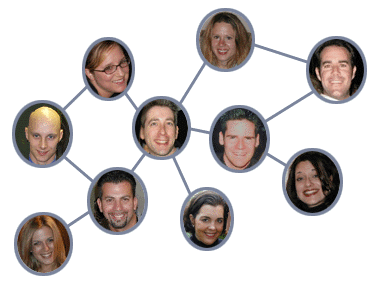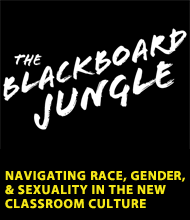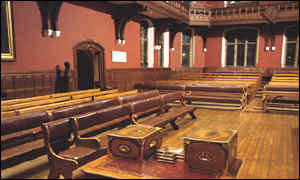
The ACM Conference on Hypertext and Hypermedia is the acknowledged venue for high quality peer-reviewed research on linking. The web, the semantic web and the Web 2.0 are all manifestations of the success of the link. … One of the most exciting recent developments in Web science is the rise of social annotation, by which users can easily markup other authors’ resources via collaborative mechanisms such as tagging, filtering, voting, editing, classification, and rating. These social processes lead to the emergence of many types of links between texts, users, concepts, pages, articles, media, and so on. We welcome submissions on design, analysis, and modeling of information systems driven by social linking.
ACM Hypertext 2008 will be held in Pittsburgh, Pennsylvania, June 19th-21st 2008 and is hosted by the University of Pittsburgh’s School of Information Sciences. The conference is co-located and scheduled directly after ACM/IEEE Joint Conference on Digital Libraries (http://www.jcdl2008.org/).
Details may be found at http://www.sigweb.org/ht08/home/soclinking.html
Image from Howard Rheingold, Friendster (Beta): Social Network Web of Trust. The Evolution of Reputation, December 26th, 2002. http://www.smartmobs.com/2002/12/26/friendster-beta-social-network-web-of-trust/
 The Office of Multicultural Affairs is sponsoring this symposium on March 28th and 29th for UVM faculty. This event will address “the challenges that emerge when gender, race and sexuality intersect and shape how students learn and how we teach.”
The Office of Multicultural Affairs is sponsoring this symposium on March 28th and 29th for UVM faculty. This event will address “the challenges that emerge when gender, race and sexuality intersect and shape how students learn and how we teach.” 

 The Economist (Economist.Com) is sponsoring a series of debates on the future of education. Each debate topic considers the educational impacts of technology, globalization, and changing nature of social relationships. The third (and final) debate, which runs from from January 15th through January 25th, focuses on “social networking,” specifically on the proposition :
The Economist (Economist.Com) is sponsoring a series of debates on the future of education. Each debate topic considers the educational impacts of technology, globalization, and changing nature of social relationships. The third (and final) debate, which runs from from January 15th through January 25th, focuses on “social networking,” specifically on the proposition :

